See that ye are not lifted up unto to pride; yea, see that ye do not boast in your own wisdom, nor of your much strength.
Alma 38:11
This episode is about striving after the ideal education as a Latter-day Saint.
Sometimes, if we feel insecure as homeschoolers, it is easy to make ourselves feel better when we pick at the low-hanging fruit that is the public school system. Some homeschoolers are in a constant battle with naysayers who try to tear down our educational efforts for our children. This often puts all of us on the defensive, and unfortunately, this often allows us to feel justified for feeling rather prideful about our homeschooling. We must find a way to not puff up with pride when observing public schools with a critical eye.
Why are we still comparing our homeschools to the public school system? Why do Latter-days Saint homeschoolers not have a better reputation? What are we doing that prevents us from being a shining example on a hill in regards to education?
When we start seeking for a higher ideal, how can we remain humble and not fall into another pride trap?
Charlotte Mason tells us to aim for higher thinking, but lowly living.
Arrogance is not a virtue. We must seek to “pride-proof” our homes with efforts to teach and model humility, meekness, and an understanding that though we may do education differently in our home, we are no better than our neighbor. God is no respecter of persons. If our students become arrogant and prideful, we have failed them completely.
Do not say: O God, I thank thee that we are better than our brethren; but rather say: O Lord, forgive my unworthiness, and remember my brethren in mercy—yea, acknowledge your unworthiness before God at all times.
Alma 38:14
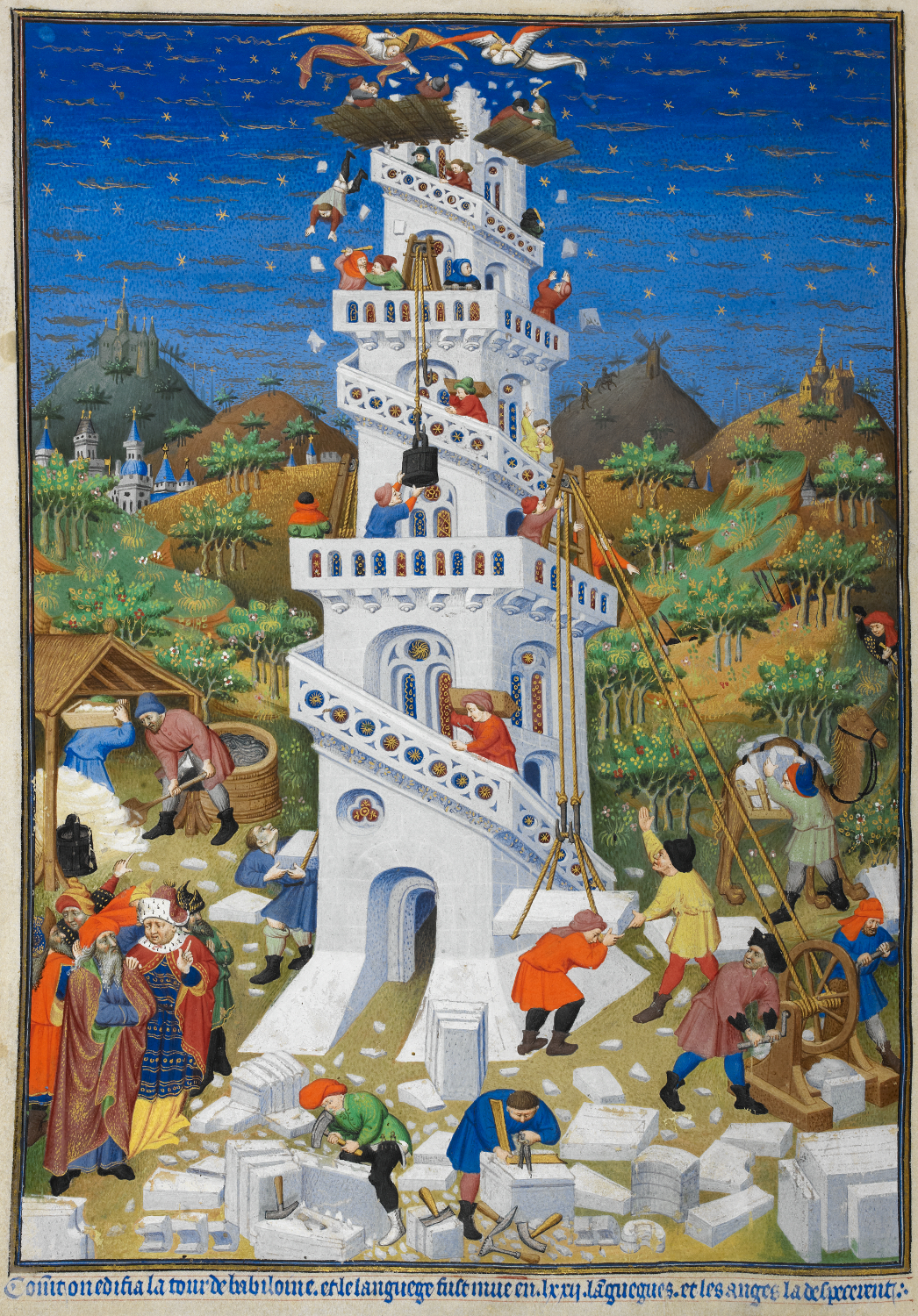
Are we building our own homeschooling Tower of Babel?
Is it possible to work towards “pride-proofing” our homeschools?
How do we avoid modeling arrogance for our children?
The following quotes were mentioned in this podcast:
We allow no separation to grow up between the intellectual and ‘spiritual’ life of children, but teach them that the Divine Spirit has constant access to their spirits, and is their Continual Helper in all the interests, duties and joys of life.
What a child can do should not become the sole judge of what the student is asked to do.
Never stop “working on your statue” till the divine glory of virtue shines out on you, till you see “self-mastery enthroned upon its holy seat.”
Be ye therefore perfect, even as your Father which is in heaven is perfect.
Matthew 5:48
If Aristotle, who was a pagan and a philosopher too, painted such a picture among men who were not holy and learned in the Scriptures, how much more is it fit for one who moves in the place of Christ to fulfill the task?
It was through Pride that the devil became the devil: Pride leads to every other vice: it is the complete anti-God state of mind.
God does not begin by asking us about our ability, but only about our availability, and if we then prove our dependability, he will increase our capability!
The parent who would educate his children, in any large sense of the word, must lay himself out for high thinking and lowly living; the highest thinking indeed possible to the human mind and the simplest, directest living.
Humility sits within us all, waiting for pride to be silent that he may speak and be heard.
A parent who does not follow reasonably a method of education, fully thought out, fails––now, more than ever before––to fulfil the claims his children have upon him.
Books Mentioned in this episode
As an Amazon Associate I earn from qualifying purchases.
Thank you for supporting Scale How School.
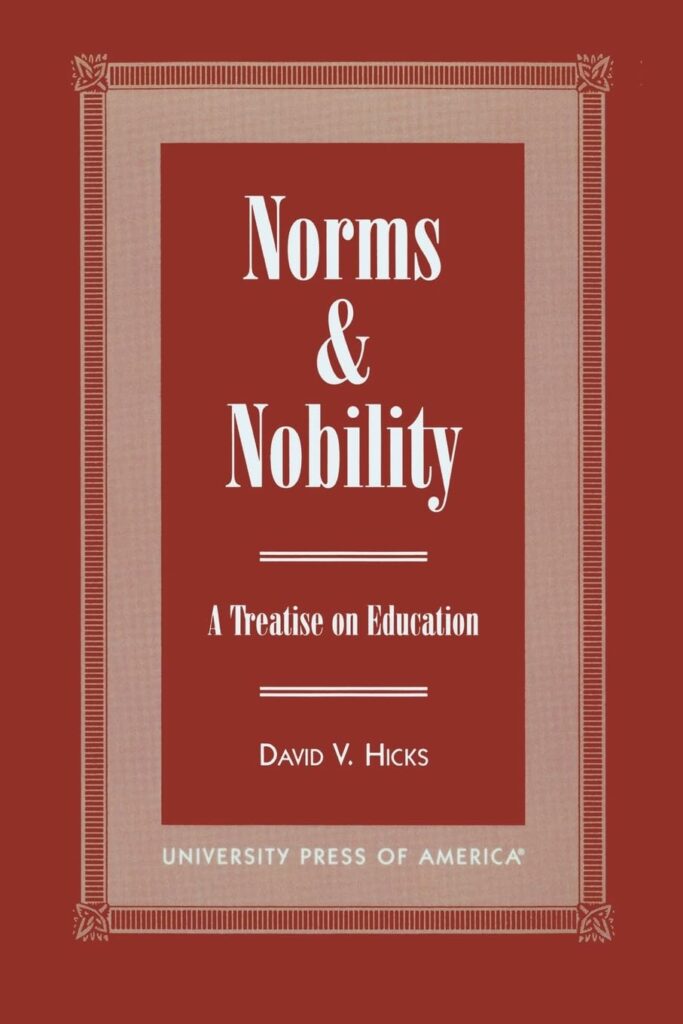


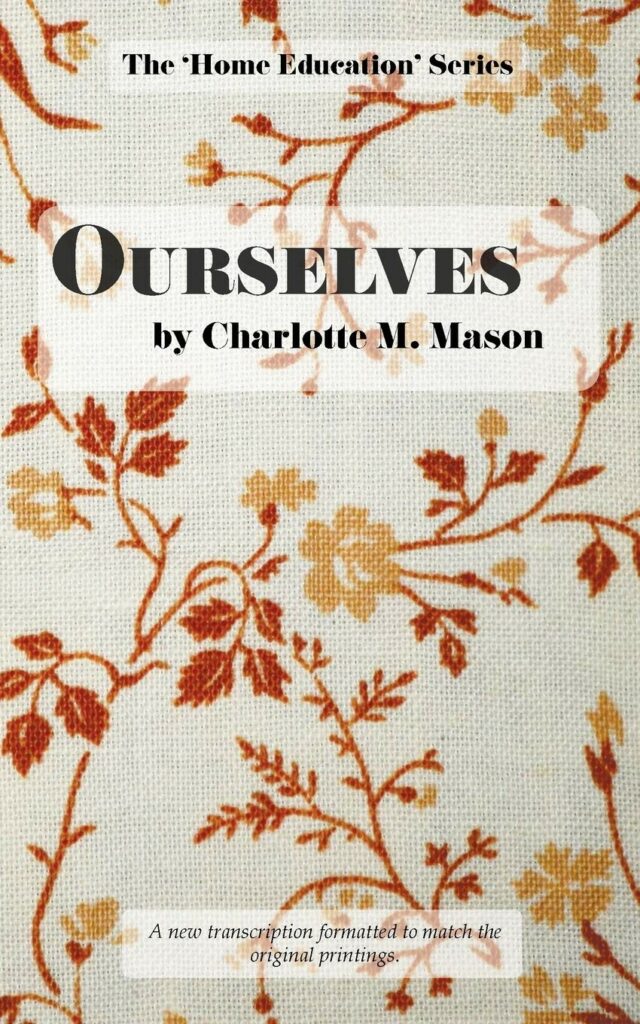
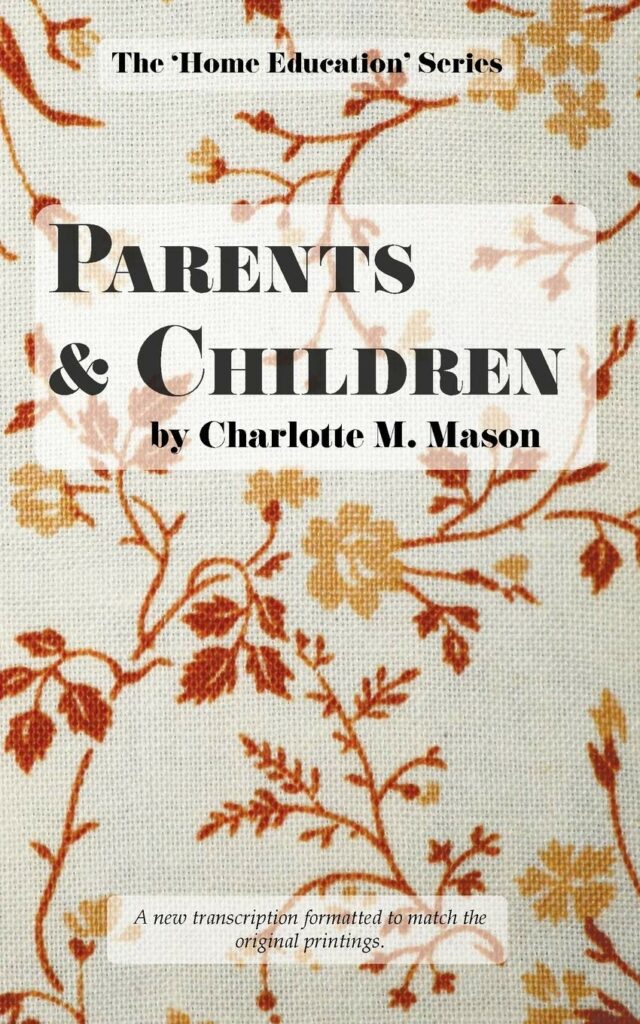
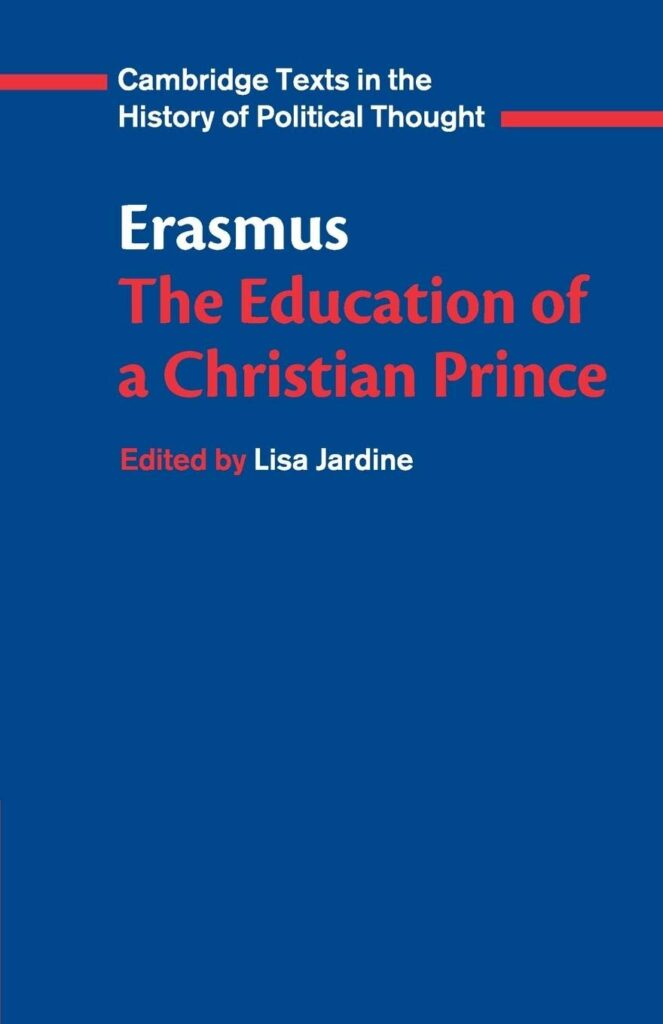
Disclaimer: Scale How School is not directly affiliated with The Church of Jesus Christ of Latter-day Saints.